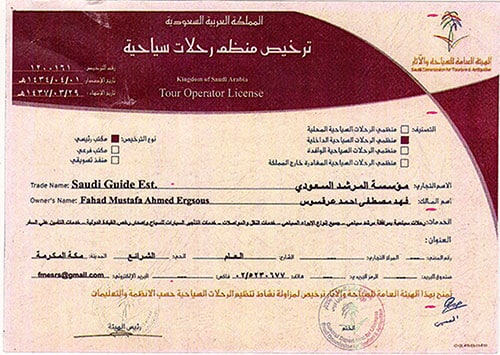Dating back to 1400 years back, the Kaaba was initially constructed by Abraham. Allah جل…
History of Yathrib and the Inhabitants
According to the Islamic ancient records, there was a man from successors of Noah named Yathrib (Madinah Al-Munawwarah). It is said that the holy city Madinah Al-Munawwarah was discovered by this person and hence, initially this city was well known as Yathrib. A famous narration states that the sons of Noah left their residential area due to the sudden occurrence of the flood. They started residing in a different place, however, the atmosphere and surroundings of that region were unfavourable for these people. So forming a group i.e. often called as Ubail they went on to search a place in the west. When they came near Yathrib they got lured with the wonderful trees, the availability of provisions, water, and it’s amazing climate. They stayed there considering the palace as the natural protection that would safeguard them.
There exist three tribes that survived in Yathrib. The group of people from Yathrib includes:
- The Amalekites – as per the several narrations, this group of people were the founders of Yathrib. Amalekites are one of the successors of Amliq Bin Noah belonging to Babylon. These people were divided and spread into diverse corners of Arab countries. Some of them also adapt Yathrib as their ultimate resistance. It is often believed that Amliq, the predecessor of Amalekites were the very first people that initiated the Arabic language.
- The Jews – on arriving at Yathrib, Muslims observed that there were a few groups of Jewish tribes already residing in that area. Some of them stated that Nebuchadnezzar defeated and ruined the Judea kingdom and murdered or enslaved this Jews due to which they migrated to Yathrib.
- Al- Aws and Al-Khazraj – the Aws and Khazraj tribes resided in Madinah during the commencement of Christian era. After the devastation of various parts of Yemen, these people founded Yathrib as the secure place.



















